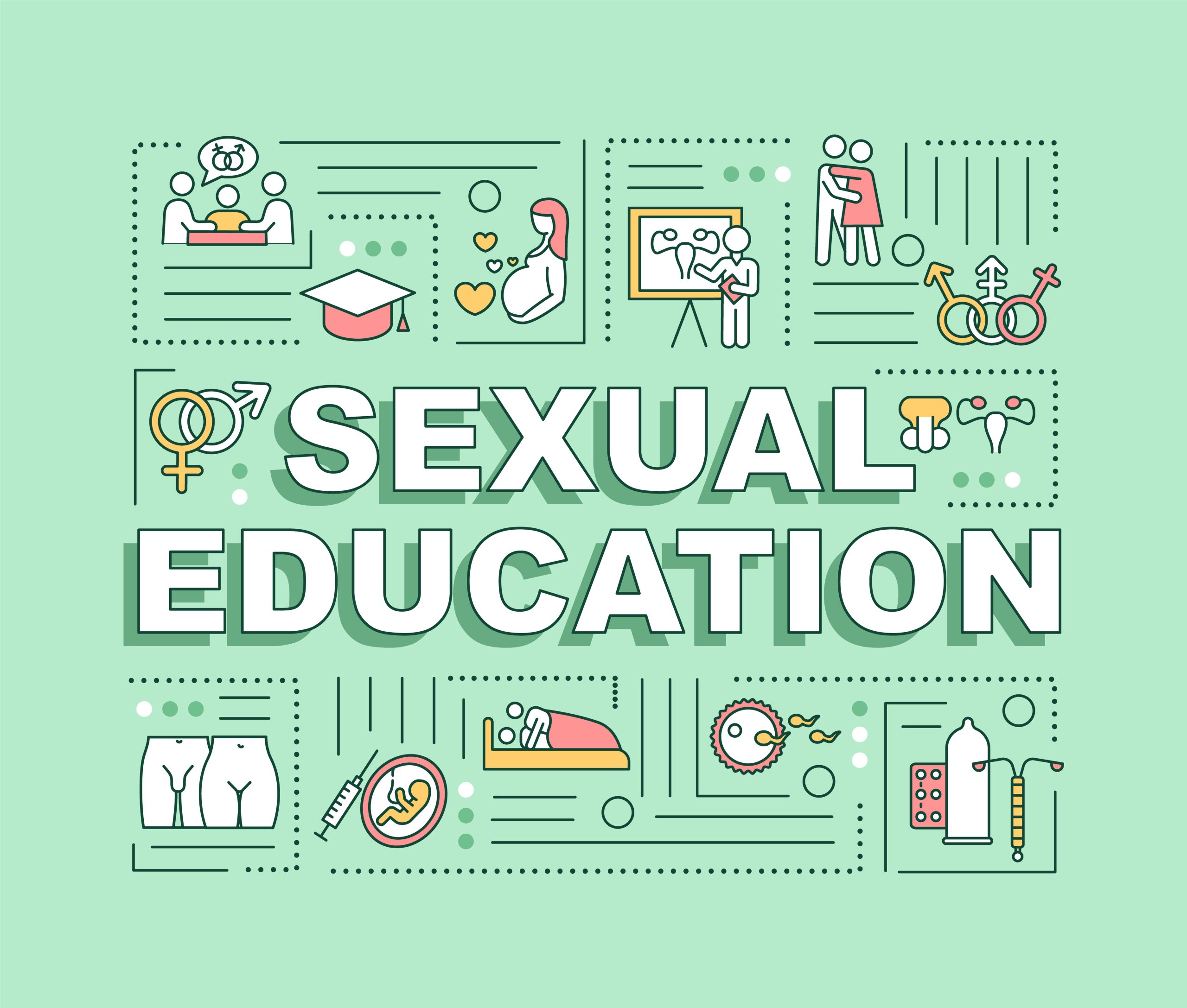From UPSC perspective, the following things are important :
Prelims level: Adolescent Reproductive and Sexual Health Strategy (ARSH) and the National Adolescent Health Programme (RKSK)
Mains level: social justice education


Central idea
In India, caste and gender issues affect students, leading to conflicts. Education, crucial for democracy, breaks down these barriers by promoting empathy and critical thinking. Additionally, sexual education in schools aims to transform relationships by fostering respect, consent, and understanding of diverse identities.
Key Highlights:
- Intersectionality Challenges: Caste and gender intersections pose challenges for adolescents in Indian schools.
- Media Reports Impact: Media reports highlight caste conflicts and consensual relationships, leading to legal consequences.
- Educational Imperatives: Education for social change and sexuality is crucial for fostering critical thinking and creating a healthy society.
Key Challenges:
- Structural Hurdles: Hierarchical societal structures hinder the establishment of well-functioning democratic institutions.
- Cultural Emphasis: Emphasis on racial purity and cultural values perpetuates dominance by the majority/powerful.
- Educational Gaps: Lack of faith in social justice education results in teacher absenteeism, blame on children, and physical abuse.
Key Terms:
- Intersectonality: The interconnected nature of social categorizations such as caste and gender.
- Affirmative Action: Policies promoting equal opportunities, especially for depressed communities.
- Empathetic Understanding: Developing the ability to understand and share the feelings of others.
- Socratic Active Learning: Engaging students in dialogue to stimulate critical thinking.
- Social Constructs of Gender: Societal perceptions and expectations related to gender roles.
- Consent and Personal Boundaries: Respect for mutual agreement and individual limits in interpersonal relationships.
Key Phrases for quality mains answers:
- “Education for democracy requires critical thinking about one’s own life.”
- “Children learn that self-help and seeking help are not signs of weakness.”
- “Recognition of vulnerability is crucial for attaining social justice.”
- “Sexual education prepares students to respect gender identities and interpersonal relationships.”
- “Empathetic understanding and accommodation of differences are essential for a healthy democratic society.”
Key Examples and References:
- Legal Recognition: Calcutta High Court’s judgment on children’s right to access sexual education.
- Government Initiatives: The Adolescent Reproductive and Sexual Health Strategy (ARSH) and the National Adolescent Health Programme (RKSK).
Key Facts:
- Impactful Research: Sexual education delays the first sexual intercourse, reduces frequency, and curbs risky behavior.
- Government Action: Tamil Nadu’s committee, chaired by Justice K. Chandru, addressing discriminations in schools and colleges.
Critical Analysis:
- Educational Imperatives: Emphasizes the importance of social justice education in addressing societal cleavages.
- Empowering Teachers: Highlights the role of education in fostering empathy, critical thinking, and challenging societal norms.
- Government Role: Recognizes the need for government support in implementing sexual education for a comprehensive curriculum.
Way Forward:
- Advocacy for Inclusive Education: Promote comprehensive social justice education to address caste and gender-based conflicts.
- Teacher Empowerment: Advocate for teacher training to instill faith in social justice education and create a supportive learning environment.
- Urgent Implementation: Stress the urgent need for implementing sexual education in schools with a focus on consent, gender respect, and prevention of abuse.
Get an IAS/IPS ranker as your 1: 1 personal mentor for UPSC 2024
